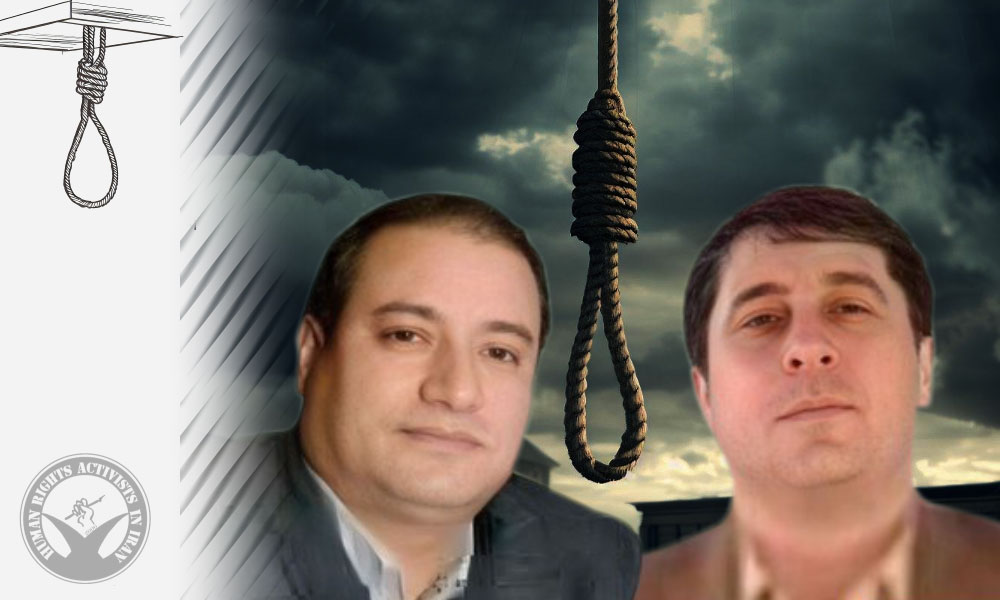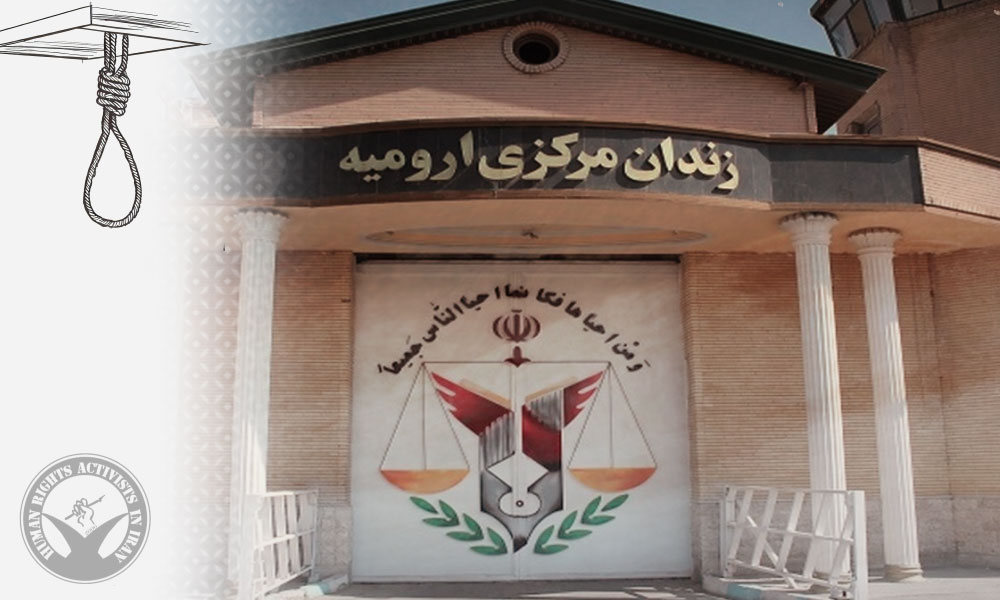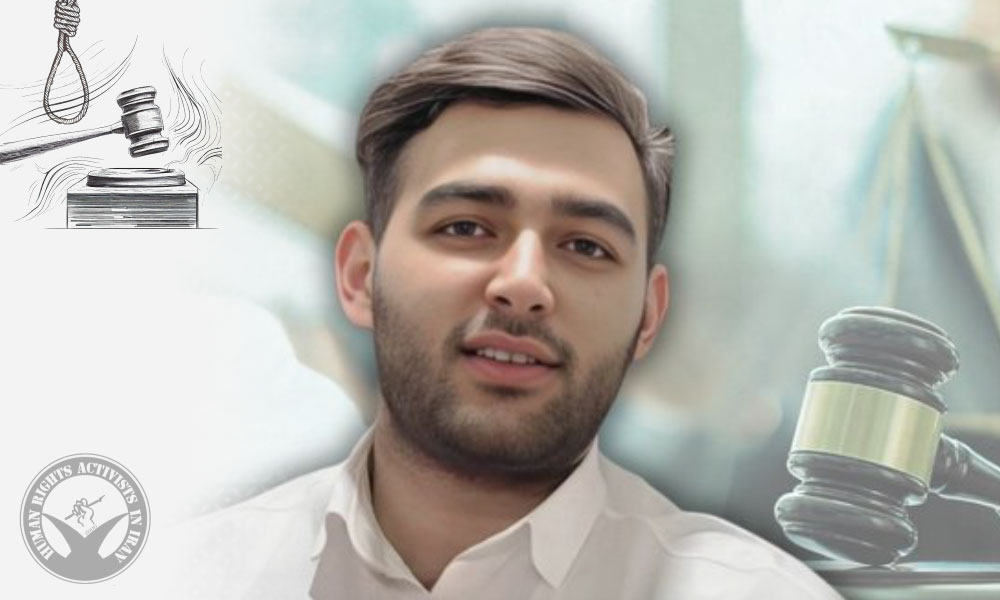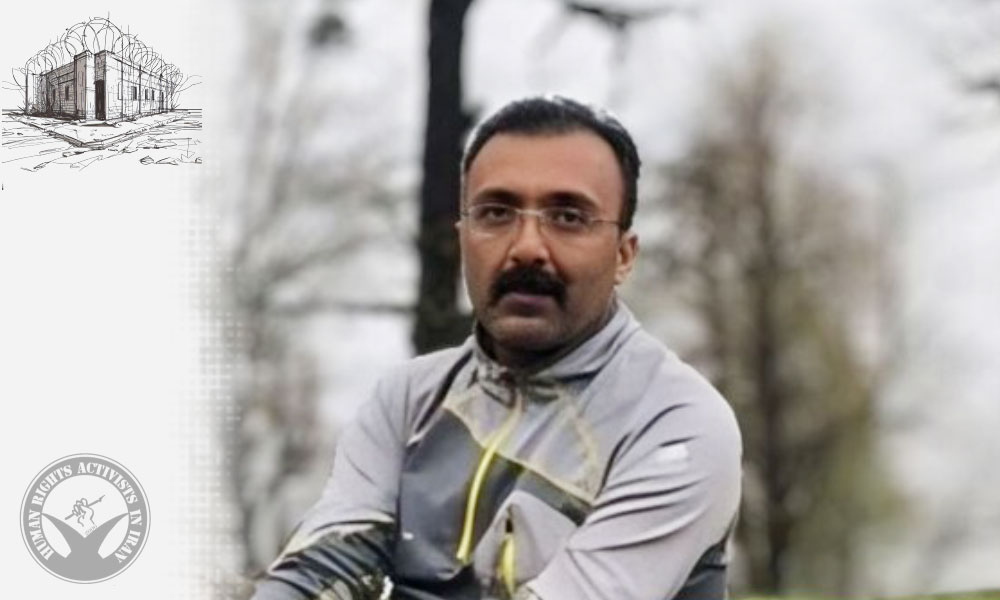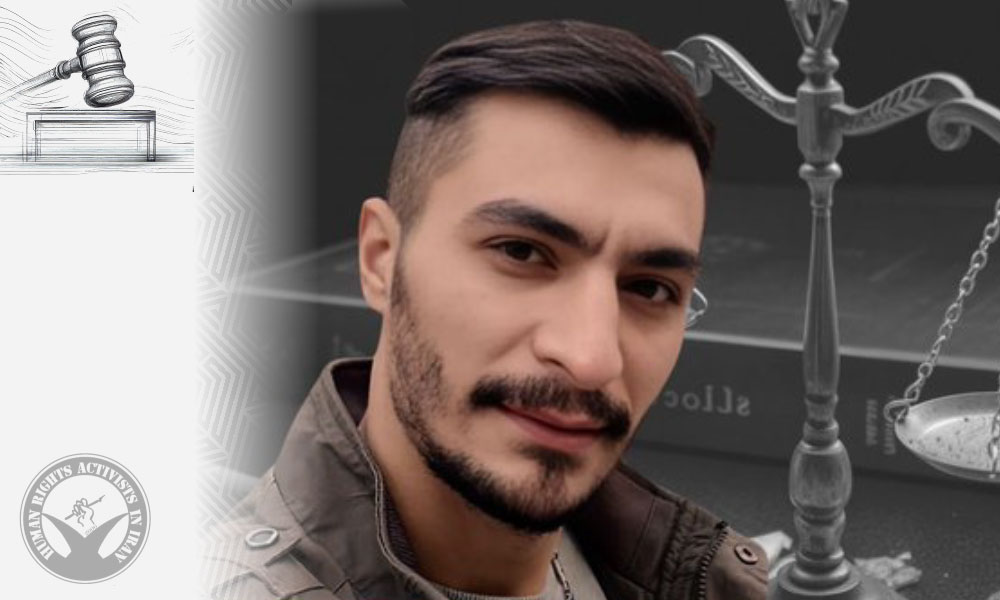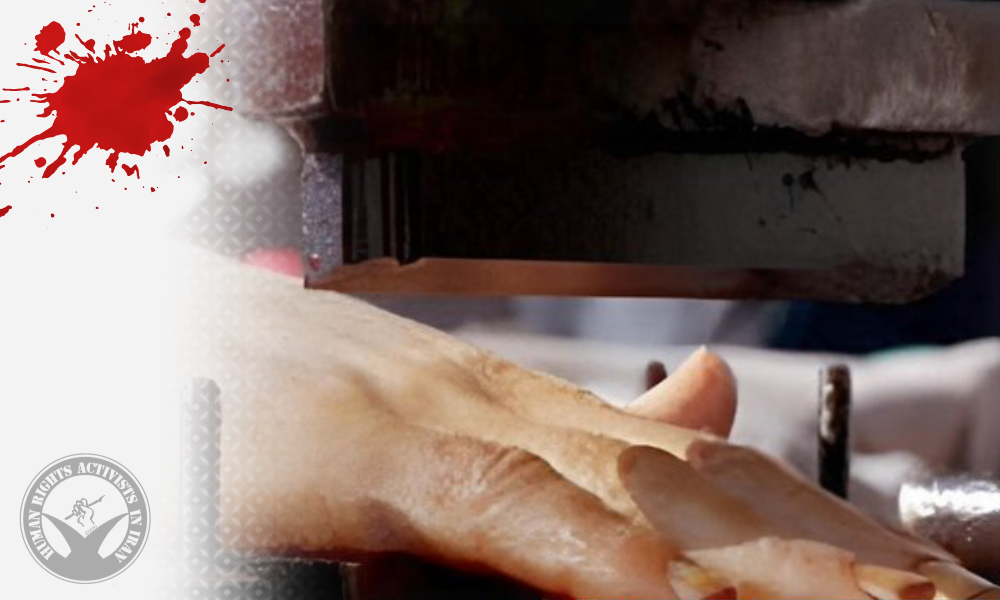HRANA – At dawn on Sunday, November 9, the death sentences of three prisoners previously convicted on drug-related charges were carried out in Urmia Prison.
HRANA has confirmed the identities of the executed prisoners as Reza Molaei, Mohammadreza Badavi, and Mehdi Jafarzadeh.
Based on information obtained by HRANA, these individuals had been arrested on charges related to drug offenses and later sentenced to death by the Revolutionary Court. They were transferred to solitary confinement on Saturday evening, November 8, in preparation for the execution.
As of the time of this report, prison authorities and official institutions have not announced the execution of these prisoners.
From the beginning of this year until the end of October, the Iranian regime has executed 1,286 people, marking an unprecedented increase compared to previous years.
According to HRANA’s report, in 2024, over 52 percent of executed prisoners had been convicted on drug-related charges. Over the past ten years, individuals convicted of drug trafficking have accounted for 40 percent of all executions. Unfortunately, HRANA’s statistics show no progress in reducing executions for drug-related offenses.



